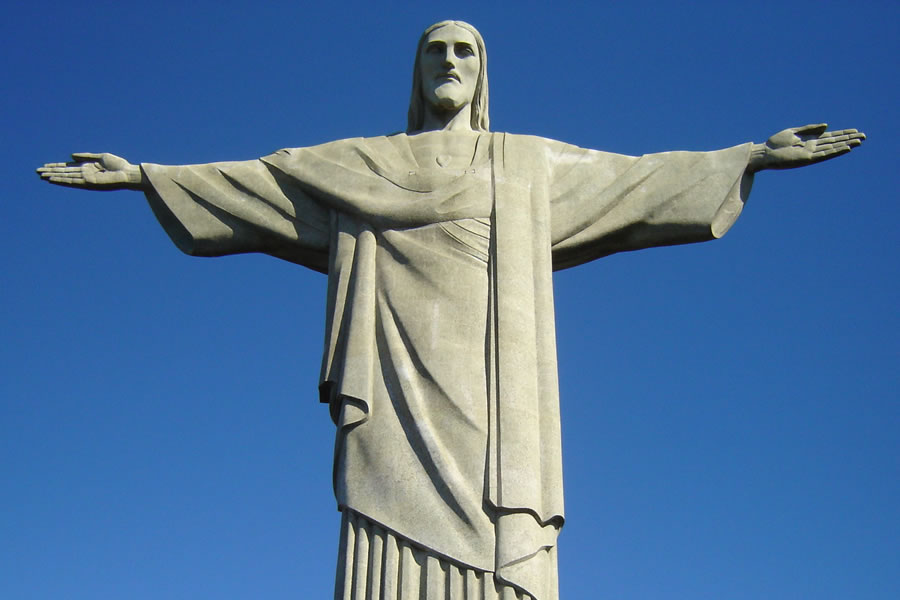
God of Mercy and Compassion
04-03-2022Weekly ReflectionFr. Tony OkoloAs we approach the end of the Lenten season, we are reminded of our last chance to cooperate with God’s special graces of this season. To show that our last chance with God is not without hope, the gospel presents an event that took place towards the end of Jesus’ life, when He was accustomed to teach in the temple by day and leave the city to spend the night on Mount Olive.
In the first reading, Isaiah tells the Israelites what the Lord is about to do. He will free His people from slavery of Babylon and will lead them back into their country. All these are amazing images that demonstrate God’s abiding presence among His people. They tell how God never forgets His people thus, He did not intervene only in the past, He keeps manifesting His love by performing surprising feats.
The first part of the gospel tells us how Jesus went up the mountain to pray alone. Going to the mountain alone teaches us the value of being alone with God. Alone in God’s presence we encounter Jesus in silence. He reveals Himself when we seek Him in silence and solitude. According to Matthew Kelly “A dynamic Catholic should begin his day with prayer and should have a time for daily routine of prayers. A dynamic Catholic should make out some time for silent moments with the Lord.” It is in silence that God speaks to us. Elijah heard the voice of the Lord in a silent voice. 1Kg 19:11-15. In silence we find God and our true self. Prayer life helps us to discover our need of God.
Furthermore, we encounter the scribes and Pharisees who were out to get some charges on which they would discredit Jesus. So, the scribes and Pharisees approached Jesus as a Rabbi bringing with them a woman according to their report who was caught in the very act of adultery. The question is if the woman was caught in the very act of adultery, where is the man caught with her? There was no mention of the man, but only the woman was brought to Jesus. This points to us how those in authority oppress the weak and poor ones in their society. It is also a reflection of what happens to a society where women have no voice. The woman in the story represents every person who is oppressed by those in authority in every society.
The sin of adultery was in fact, one of the three gravest sins in Israel and punishable by death. The dilemma into which they sought to put Jesus was this; If He says that the woman ought to be stoned to death, two things would follow. First, He would lose the name He had gained for love and for mercy and would no longer be called a friend of sinners. Secondly, He would come into collision with the Roman law, for the Jews had no power to pass or carry out a death sentence on anyone. If He said that the woman should be pardoned, it could immediately be said that He was teaching people to break the law of Moses and that He was condoning and even encouraging people to commit adultery. This was the trap they set for Jesus. Thus, aware of their evil intent, He bent down to write on the ground and said to them in their insistence, anyone who has never committed any sin should be the first to throw a stone.
Thus, it is not that sin is not important to Jesus or that God does not punish sin, however we learn that God extends mercy to repentant sinners in order that they may turn from their sins. Jesus so believed in the goodness of people, whereby one who has sinned can be changed. The life of the poor woman is not over yet, no life is finished until it stands before God. It is as if Jesus said to the woman, I know you have made a mess of things, but life is not finished yet, I am giving you another chance. In Jesus there is the Gospel of a second chance. He is interested in what a person becomes. Jesus knows very well that each of us has a future and a past as well. We should not allow our past mistakes to knock us down so that we cannot rise.
I pray that you rise up from whatever weighs you down.
Happy Sunday to you all,
Fr. Tony Okolo
BACK TO LIST